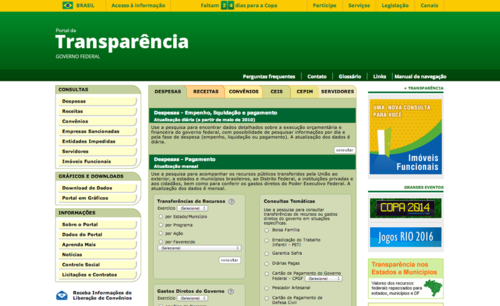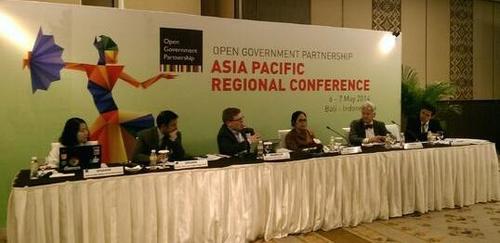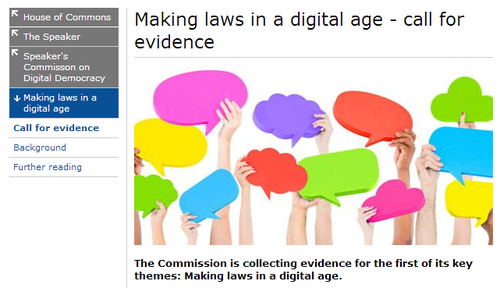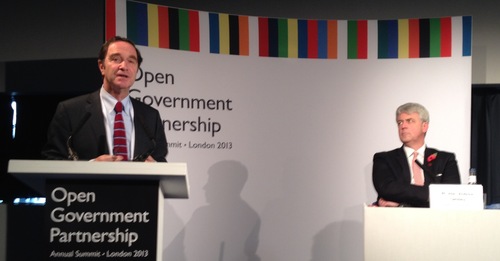News from the parliamentary monitoring community:
In Ghana, CDD Ghana organized a meeting of African parliamentary monitoring organizations that focused on regional approaches to parliamentary monitoring and considered how a regional network of parliamentary openness advocates and champions can be most effectively leveraged to advance legislative transparency and citizen participation.
Also in Ghana, the Parliament of Ghana in collaboration with Penplusbytes and with support from the Open Society Initiative for West Africa (OSIWA) launched the “Connecting Citizens to Parliament” digital platform. The project aims to provide citizens with another avenue through which they can engage with MPs and monitor government performance on certain issues. Citizens can engage with members on the web-platform or via SMS, mobile app, or social media.
In Morocco, the country’s first web platform for public engagement with parliament is off to a strong start. Nouabook has built a solid user base and a number of MPs are responding to citizens’ questions on the platform. Over 40% of the questions posted on the platform have been answered by the member of parliament in question.
In Italy, OpenPolis and ActionAid launched a web-based advocacy tool called U-Act that allows citizens to enter into a dialogue with policy makers. U-Act allows users to submit and support new ideas, which are then sent to members of parliament.
In Kenya, a joint initiative of the Parliamentary Initiatives Network in partnership with and Transparency International Kenya, Kenyans for Peace with Truth and Justice (KPTJ) and Africa Centre for Open Governance (AfriCOG) recently came out with a study titled, “Towards Hazy Horizons.” The study found that that the slow pace of institutional reform and low levels of public awareness and engagement is slowing the implementation of constitutional provisions in chapter six of the constitution.
In the UK, mySociety is helping constituents track how responsive their MP is on WriteToThem, a tool that allows users to quickly look up who represents them and send those representatives a message. Here, mySociety ranks MPs based on how responsive they were to messages sent using the tool. Some MPs have responded only a handful of times while others have responded to all messages sent over WriteToThem.



